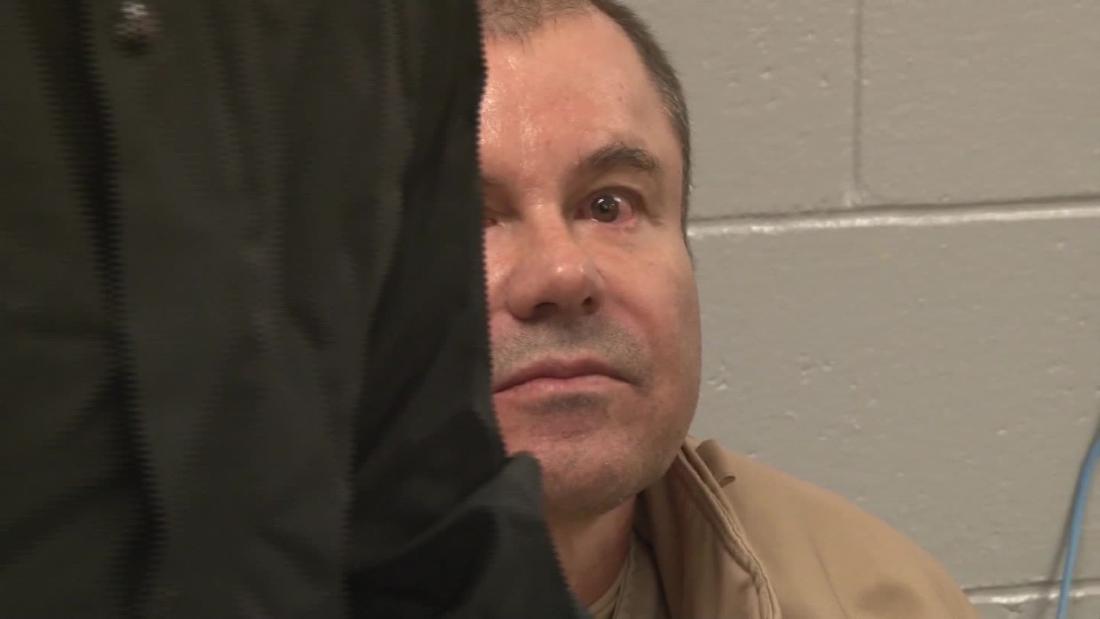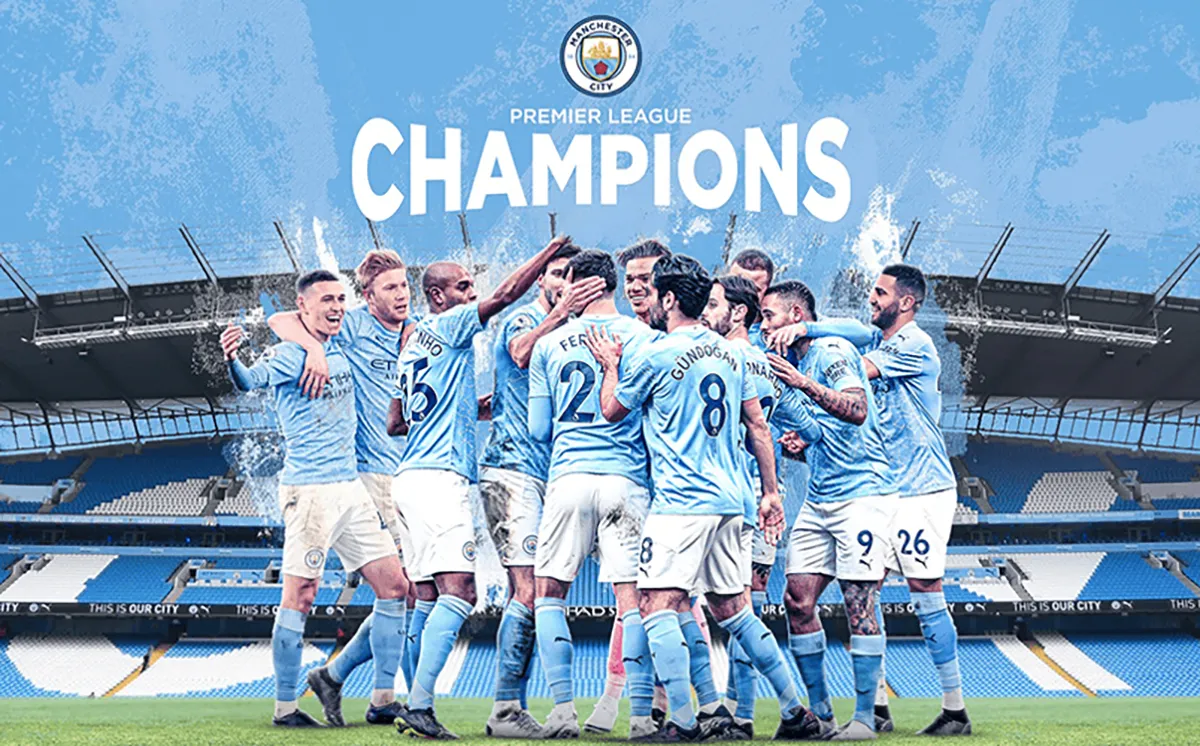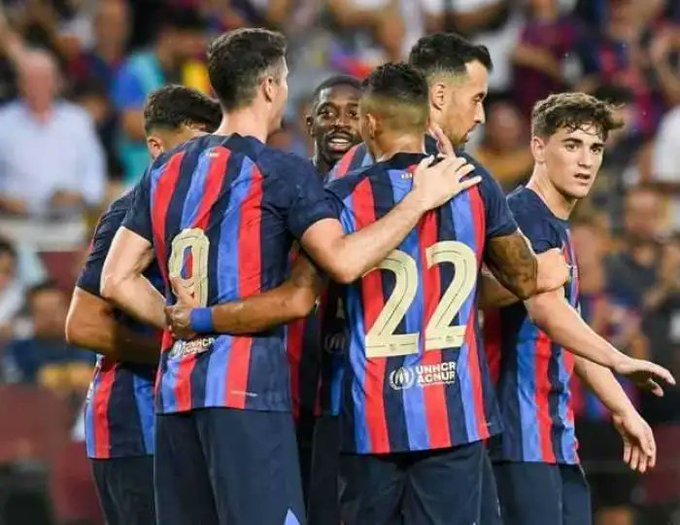US Prosecutors Spare El Chapo's Son The Death Penalty

Table of Contents
A dramatic turn in the high-profile case of Ovidio Guzmán López, son of infamous drug lord Joaquín "El Chapo" Guzmán, has sent shockwaves through the legal and political worlds. US prosecutors have decided against seeking the death penalty for El Chapo's son, a decision with significant implications for the ongoing drug war and the future of extradited Mexican drug cartel leaders. This article delves into the reasons behind this surprising development and its potential consequences, exploring the ramifications of this decision on the "El Chapo's son death penalty" question.
<h2>The Significance of the Decision to Spare El Chapo's Son the Death Penalty</h2>
The US government's decision to forgo the death penalty in Ovidio Guzmán López's case is highly unusual. In high-profile drug trafficking cases involving major cartel figures, the pursuit of capital punishment has historically been the norm. This unprecedented move raises several crucial questions and suggests a potential shift in prosecutorial strategy. Several factors may have contributed to this decision:
-
Potential Plea Bargain Negotiations: Prosecutors may be leveraging the threat of the death penalty to secure a plea bargain. Guzmán López's cooperation in providing information on other cartel members and their operations could be crucial in dismantling the Sinaloa Cartel's infrastructure. This would offer valuable intelligence and lead to further arrests and convictions.
-
Strategic Considerations and Future Prosecutions: By not seeking the death penalty, prosecutors may be aiming for a longer-term strategic advantage. A lengthy prison sentence, even without the death penalty, allows for continued investigation and prosecution of other cartel members. A conviction with a lengthy sentence provides a powerful deterrent, as well as an opportunity for continued intelligence gathering.
-
Concerns about Extradition and Trial Proceedings: The fairness of Guzmán López's extradition from Mexico and the potential for legal challenges to the trial process may have influenced the decision. Avoiding the death penalty could mitigate some of these legal hurdles and strengthen the case's overall robustness.
-
Political Implications and US-Mexico Relations: The decision might also reflect diplomatic considerations and the sensitive relationship between the US and Mexico. Avoiding the death penalty could help to maintain a delicate balance in the ongoing cooperation between the two countries in combating drug trafficking. The potential for international backlash and diplomatic strain might have played a significant role.
The impact on the overall strategy for combating drug cartels is profound. This decision might signal a move away from solely targeting high-profile leaders and towards a more comprehensive approach focused on dismantling entire cartel networks.
<h2>The Legal Ramifications and Ovidio Guzmán López's Future</h2>
Ovidio Guzmán López faces numerous charges related to drug trafficking, including conspiracy to distribute cocaine, methamphetamine, and marijuana. Without the death penalty, he faces a potential life imprisonment sentence, a severe penalty nonetheless. The extradition process itself could be legally challenged, leading to protracted legal battles. His defense team will likely explore various avenues to appeal and reduce the sentence. Specific legal ramifications include:
-
Possible Life Imprisonment Sentence: Given the severity of the charges, a life sentence without parole is a very real possibility.
-
Potential for Reduced Sentence in Exchange for Information: His cooperation in investigations could lead to a reduced sentence, even if it doesn't entirely avoid a life sentence.
-
Appeal Processes and Legal Challenges Ahead: The legal battle is far from over, with numerous opportunities for appeals and challenges to the evidence and trial proceedings.
<h2>Public Reaction and Political Fallout</h2>
Public reaction to the decision regarding the El Chapo's son death penalty has been sharply divided, both in the US and Mexico. Some argue that the death penalty is a just punishment for his alleged crimes, while others maintain that it is a disproportionate and inhumane response. The political fallout has been significant, with differing views expressed by political leaders and public figures in both countries.
-
Mexican Government's Reaction and Stance: The Mexican government's official stance will significantly impact the overall narrative and international relations.
-
Public Opinion Polls Regarding the Decision: Polling data will show the varied opinions among the general public, shaping the political discourse surrounding this case.
-
Discussions Surrounding the Effectiveness of the Death Penalty as a Deterrent: The decision reignites the ongoing debate on capital punishment's effectiveness as a deterrent against drug trafficking.
<h2>The Broader Implications for the War on Drugs</h2>
The decision to spare El Chapo's son the death penalty has far-reaching consequences for the US strategy against drug cartels. It raises questions about the long-term effectiveness of the "kingpin strategy," which focuses on capturing high-ranking cartel leaders. This shift might lead to a more nuanced approach focusing on dismantling cartel infrastructure and targeting their financial networks. Potential broader implications include:
-
Impact on Future Extradition Agreements Between the US and Mexico: The decision could influence future extradition agreements and diplomatic relations between the two nations.
-
Shifting Focus Towards Dismantling Cartel Infrastructure Instead of Solely Targeting Leaders: A change in strategy might involve greater focus on disrupting the financial operations and logistics of the cartels.
-
Re-evaluation of the Effectiveness of the "Kingpin Strategy": This case might prompt a reevaluation of the overall approach to combating drug trafficking and organized crime.
<h2>Conclusion</h2>
The decision by US prosecutors to spare Ovidio Guzmán López the death penalty represents a significant turning point in the war on drugs. The reasons behind this choice are complex and multifaceted, suggesting a potential shift in strategic approach and raising crucial ethical and practical questions about capital punishment in the context of transnational organized crime. Understanding the nuances of this case—and the considerations surrounding the El Chapo's son death penalty—is crucial for anyone seeking to comprehend the ongoing evolution of international drug enforcement strategies. Stay informed about developments in this landmark case and its broader implications for the future of the war on drugs.

Featured Posts
-
 Liverpools Premier League Triumphs A Look Back At Their Title Wins
May 29, 2025
Liverpools Premier League Triumphs A Look Back At Their Title Wins
May 29, 2025 -
 Bayrn Mywnkh Yzahm Brshlwnt Fy Swq Alantqalat
May 29, 2025
Bayrn Mywnkh Yzahm Brshlwnt Fy Swq Alantqalat
May 29, 2025 -
 Prakiraan Cuaca Jawa Barat 23 April 2024 Hujan Di Bandung Hingga Sore
May 29, 2025
Prakiraan Cuaca Jawa Barat 23 April 2024 Hujan Di Bandung Hingga Sore
May 29, 2025 -
 Ipa Mpainten Eyxes Tramp Gia Taxeia Anarrosi
May 29, 2025
Ipa Mpainten Eyxes Tramp Gia Taxeia Anarrosi
May 29, 2025 -
 Five Teenagers Face Charges After Violent Attack On 16 Year Old
May 29, 2025
Five Teenagers Face Charges After Violent Attack On 16 Year Old
May 29, 2025
